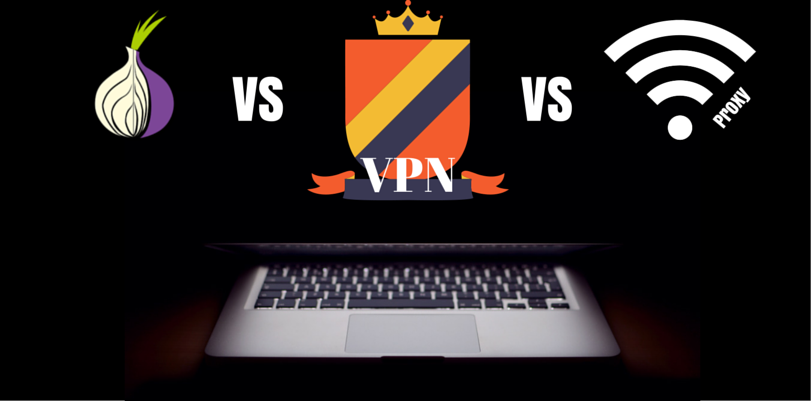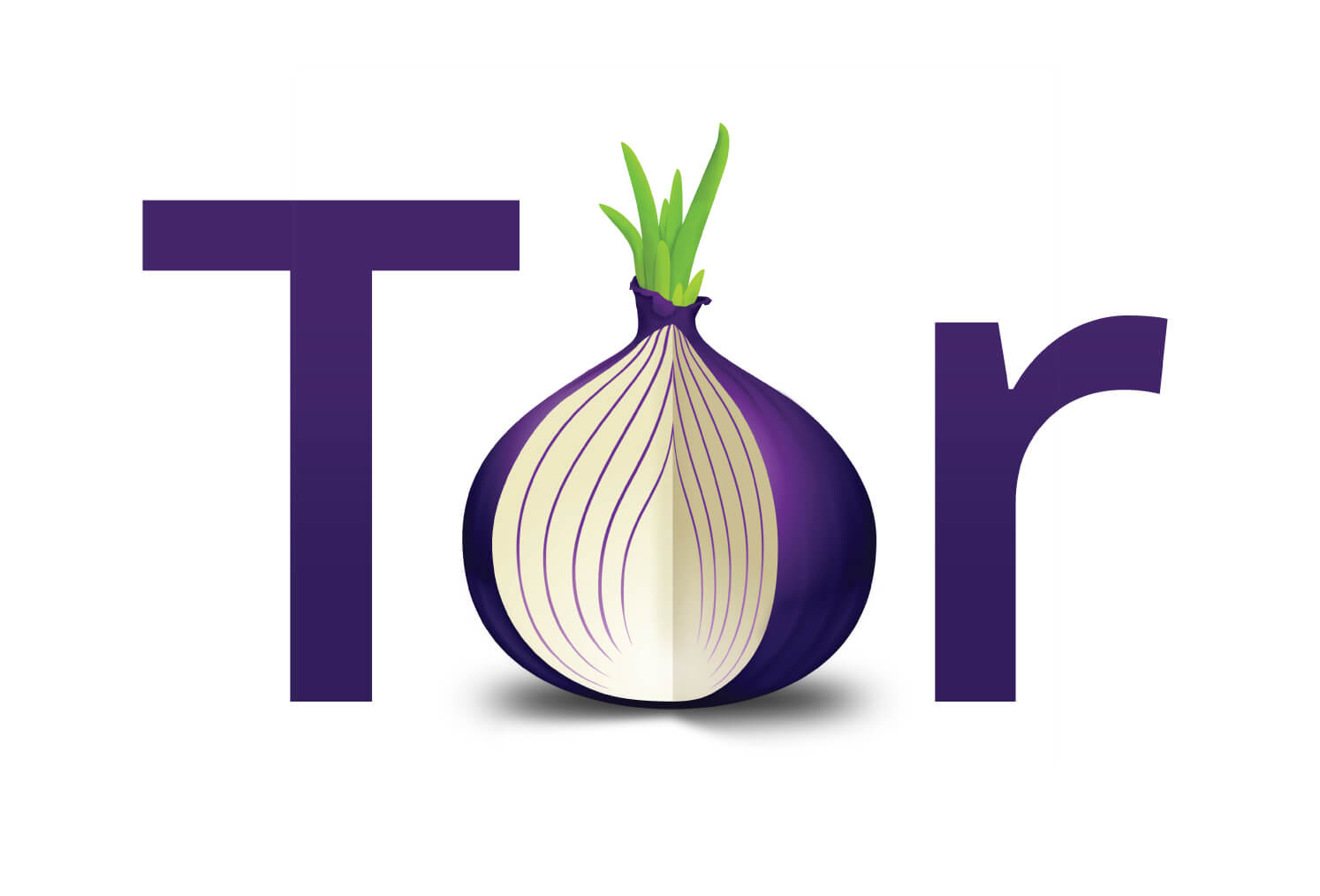While there’s a lot of ways your information can be stolen, corrupted, or leaked, there’s also a lot of ways to protect your data and your internet traffic from snoopers. Three popular approaches to protect your IP address and your internet proxy are the Tor network, VPNs, and proxy services.
This guide will help you understand the three different technologies and guide you into using the right one for your uses.
Difference between Tor, VPN, and Proxy
Tor
Tor is a free software that enables anonymous communication. The name is an acronym derived from the original software project called “The Onion Router”–hence the logo. Tor makes you anonymous by directing internet traffic through their worldwide volunteer-run network consisting of thousand of relays. This obfuscation makes it difficult for a your traffic and usage to be sourced.
However, while Tor is free, and it does a decent job for encrypting your data, it does significantly slow down your connection since there are so many data relay hops. The Tor network encrypts you destination IP address and then sends it through successive virtual circuits including random Tor relays. Each relay that your connection goes through slows down your internet more and more.
Since Tor has been around awhile and has had considerable attention, many are skeptical that it is still the best way to encrypt and hide internet traffic. Governments and other networks are known to monitor Tor users.
VPN
A virtual private network encrypts all of your traffic through a secure virtual tunnel. The process works by connecting your computer’s internet to a remote server through this tunnel, which encrypts your data with your chosen protocol (which protocol should you use?) and changes your IP address. VPNs often have differing security levels, features, and even speeds. Check out this list for the fastest VPNs, and this list for the cheapest VPNs.
When a website or service sees your IP, it’s not your IP, but the remote server you’re connected to. This is why people use VPNs to access geo-restricted games or media services. VPNs are also used to access Netflix. While a lot of VPNs have been hit hard by the Netflix block, some VPNs still do work. Check out this guide if you want to use a VPN with Netflix.
Proxy
Proxies are similar to VPNs but they are less powerful. They usually work in the form of browser extensions encrypting and hiding browser traffic, or, in BitTorrent programs masking BitTorrent activity. Proxies often take more configuration, but a lot of them deliver less security overall than a VPN. Think of them as a VPN-lite solution.
Tor + VPN
You might be asking, why not just use Tor with VPN? In short, while this could be the most secure method, it would be the slowest method. A reliable VPN will give you enough security anyway.
Thanks for reading this guide on the difference between Tor, VPN, and proxy. If you need help with Tor or a VPN, come on over to our forums.

